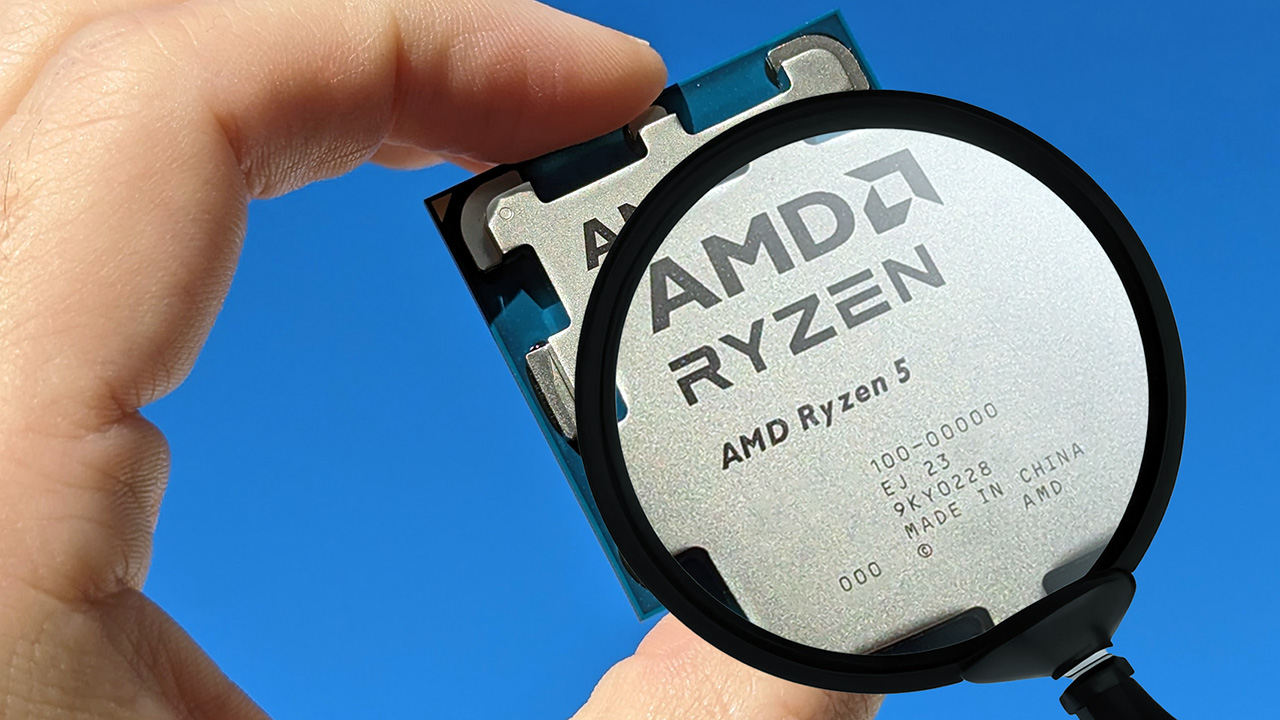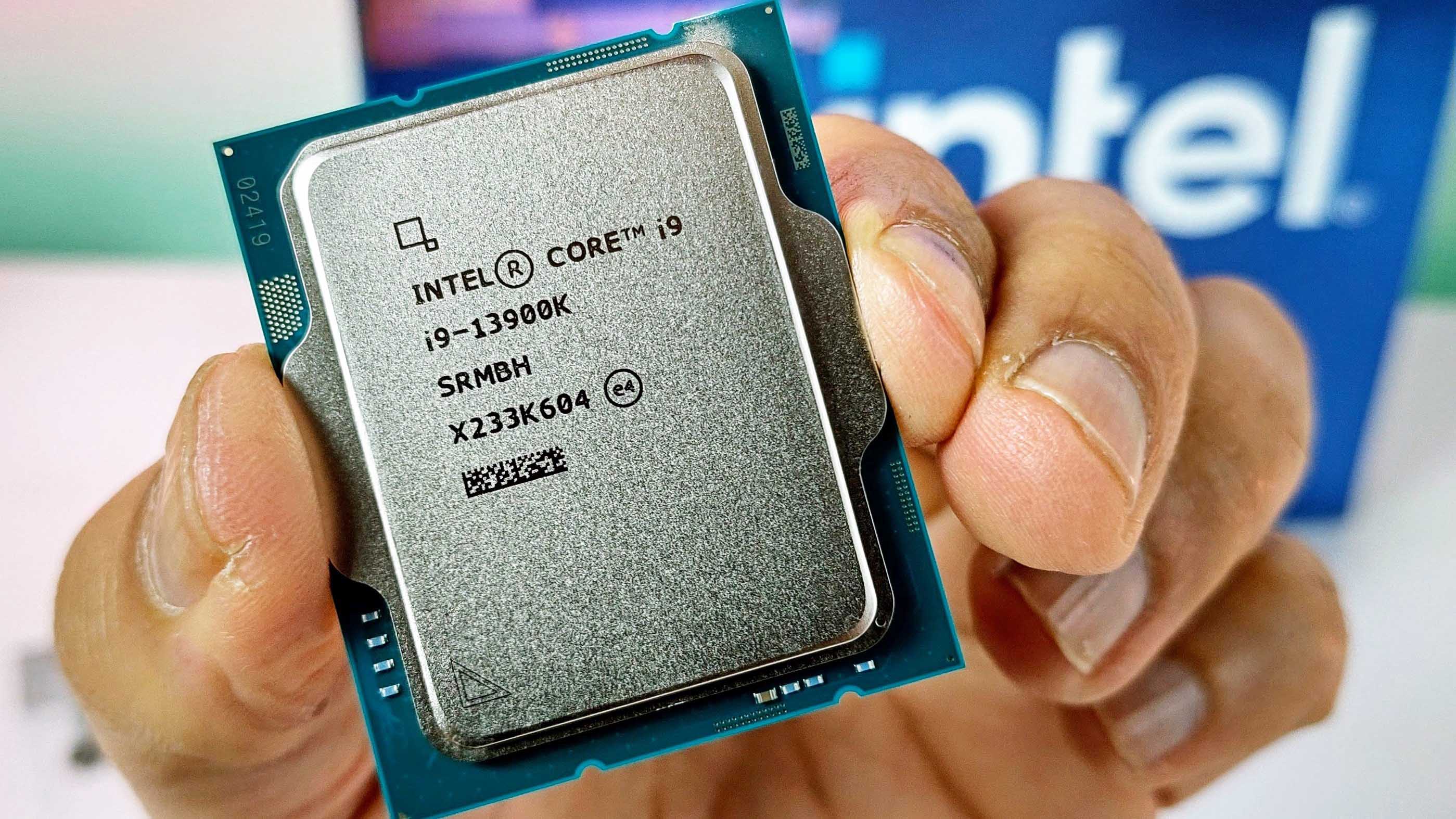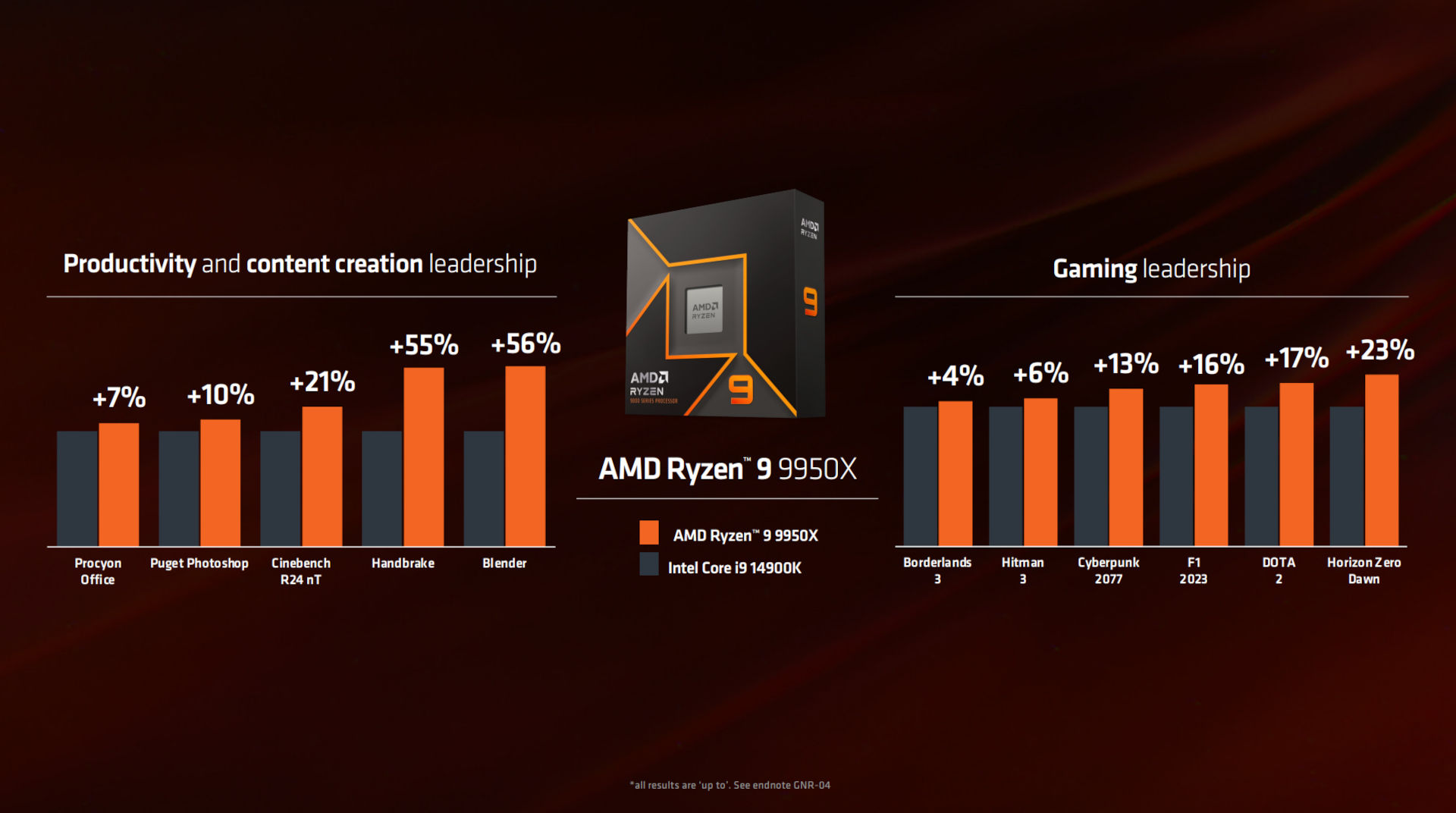AMD delays its Ryzen 9000 desktop processors, but it's for a more trivial reason than Intel's ongoing 13th/14th Gen disaster
At least AMD's Ryzen 5 9600X and Ryzen 7 9700X desktop chips have issues worthy of delaying the 9000 Series launch.

What you need to know
- AMD's latest Ryzen 9000 Series desktop processors are delayed on their planned July launch until at least August 8, 2024.
- Of the four planned chips, at least the Ryzen 7 9700X and Ryzen 5 9600X have exhibited production issues.
- While AMD vaguely confirms the problems, it comes alongside Intel's struggles with widespread and permanent damages to its 13th and 14th Gen Raptor Lake processors caused by microcode (firmware) errors.
It's a turbulent time for custom PC builders looking for the latest desktop processors. AMD's upcoming Ryzen 9000 chips were initially set for what would have been a late July release, but the new Zen 5 APUs have been officially pushed back with "a short delay" due to a failure to "meet (our) full quality expectations." The launch date change came with an official statement from Jack Huynh, AMD SVP and GM of Computing and Graphics, who confirmed August 8 as the earliest availability for the new 65W Ryzen 7 9600X and Ryzen 5 9700X chips and August 15 for the 120W 9950X and Ryzen 9 9900X.
Out of an abundance of caution and to maintain the highest quality experiences for every Ryzen user, we are working with our channel partners to replace the initial production units with fresh units.
Jack Huynh, AMD
A representative from AMD spoke with Tom's Hardware about how the company had "identified an issue with our package product testing process for Ryzen 9000 series processors" without detailing the specifics. However, leaks quickly exposed a potential culprit for this rapid recall, and it's hardly as severe as it first seemed. Misprints with the engraved branding on at least two of the 4nm APUs, namely the Ryzen 7 9700X and Ryzen 5 9600X, led to them accidentally being branded as more powerful Ryzen 9 variants. Whether this typo expands to the Ryzen 9000 retail packaging isn't clear, but even this seemingly minor mistake can be enough to trigger a launch delay.
The real reason for the Ryzen 9000 delay ....@IanCutress is right. pic.twitter.com/oM6ePWU6WCJuly 28, 2024
🔥Hottest hardware deals🔥
- Switch Lite Animal Crossing Bundle | was
$199.99now $159 at Walmart - SAMSUNG 990 PRO PCIe Gen4 SSD | was
$249.99now $159.99 at Amazon - Seagate Storage Card for Xbox (2TB) | was
$360now $229.99 at Amazon - AMD Ryzen 7 7800X3D desktop CPU | was
$449now $383.56 at Amazon - AMD Ryzen 9 7950X3D desktop CPU | was $
699now $561.79 at Newegg
What's wrong with Intel's 13th/14th Gen chips?

Hopefully, AMD's problems were nothing more severe than a lapse in spellchecks for the Ryzen 9000 chips rather than production flaws in the processor die itself. It's too easy to compare the subject to AMD's primary rival, Intel, as its Raptor Lake processors are suffering from the results of a microcode (firmware) bug that led to its 13th Gen and 14th Gen Core i9 desktop chips from pushing voltages beyond safe levels and causing permanent damage.
As Tom's Hardware discovered, the worst part is that users experiencing repetitive crashes with Raptor Lake chips in their systems will not benefit from Intel's remedial microcode patch. Identifying any potential degradation ranges from extremely difficult to impossible, so affected customers should contact Intel support for a return merchandise authorization (RMA) and stick with Intel's recommended power profiles, depending on your processor and motherboard combination.
What do we know about Ryzen 9000 chips?

Like the Ryzen 8000G Series before it, the four upcoming Ryzen 9000 Series processors are compatible exclusively with motherboards with an AM5 socket, part of a requirement that started with AMD's Zen 4 Ryzen 7000 Series. This new range is the first to use AMD's cutting-edge Zen 5 architecture alongside its Ryzen AI 300 Series for mobile devices, supporting PCIe 5.0 for modern expansion cards, USB4 for high-speed plug-and-play devices, and Wi-Fi 7 networking.
| Ryzen 9 9950X | 16 cores / 32 threads | 5.7 GHz boost | 170W TDP |
| Ryzen 9 9900X | 12 cores / 24 threads | 5.6 GHz boost | 120W TDP |
| Ryzen 7 9700X | 8 cores / 16 threads | 5.5 GHz boost | 65W TDP |
| Ryzen 5 9600X | 6 cores / 12 threads | 5.4 GHz boost | 65W TDP |
Essentially sliced into three camps organized by their Thermal Design Power (TDP), the Ryzen 9000 Series desktop processors range from a 6-core, 12-thread Ryzen 5 9600X APU rated at 65W to a 16c, 32t Ryzen 9 9950X at 170W. AMD's Ryzen 5 5600X and Ryzen 7 5800X stood as two of the best value gaming processors for years as the Ryzen 7 7800X3D took the mantle as a premium pick, while the follow-up Ryzen 7 8700G sat perfectly in the middle with revolutionary integrated Radeon 780M graphics that handled modern titles like Cyberpunk 2077 at 'low' fidelity settings.
Codenamed "Granite Ridge," the Ryzen 9000 Series chips feature the same powerful Radeon 800M Series graphics tile found in laptops like ASUS' Zenbook S 16 and could prove perfect as an integrated solution for those building on a budget. If nothing else, it's an exciting specification sheet built upon a proven track record. I look forward to getting my hands on at least one of the new Ryzen 9000 chips whenever they finally become available (hopefully without serious issues).
Get the Windows Central Newsletter
All the latest news, reviews, and guides for Windows and Xbox diehards.

Ben is a Senior Editor at Windows Central, covering everything related to technology hardware and software. He regularly goes hands-on with the latest Windows laptops, components inside custom gaming desktops, and any accessory compatible with PC and Xbox. His lifelong obsession with dismantling gadgets to see how they work led him to pursue a career in tech-centric journalism after a decade of experience in electronics retail and tech support.
